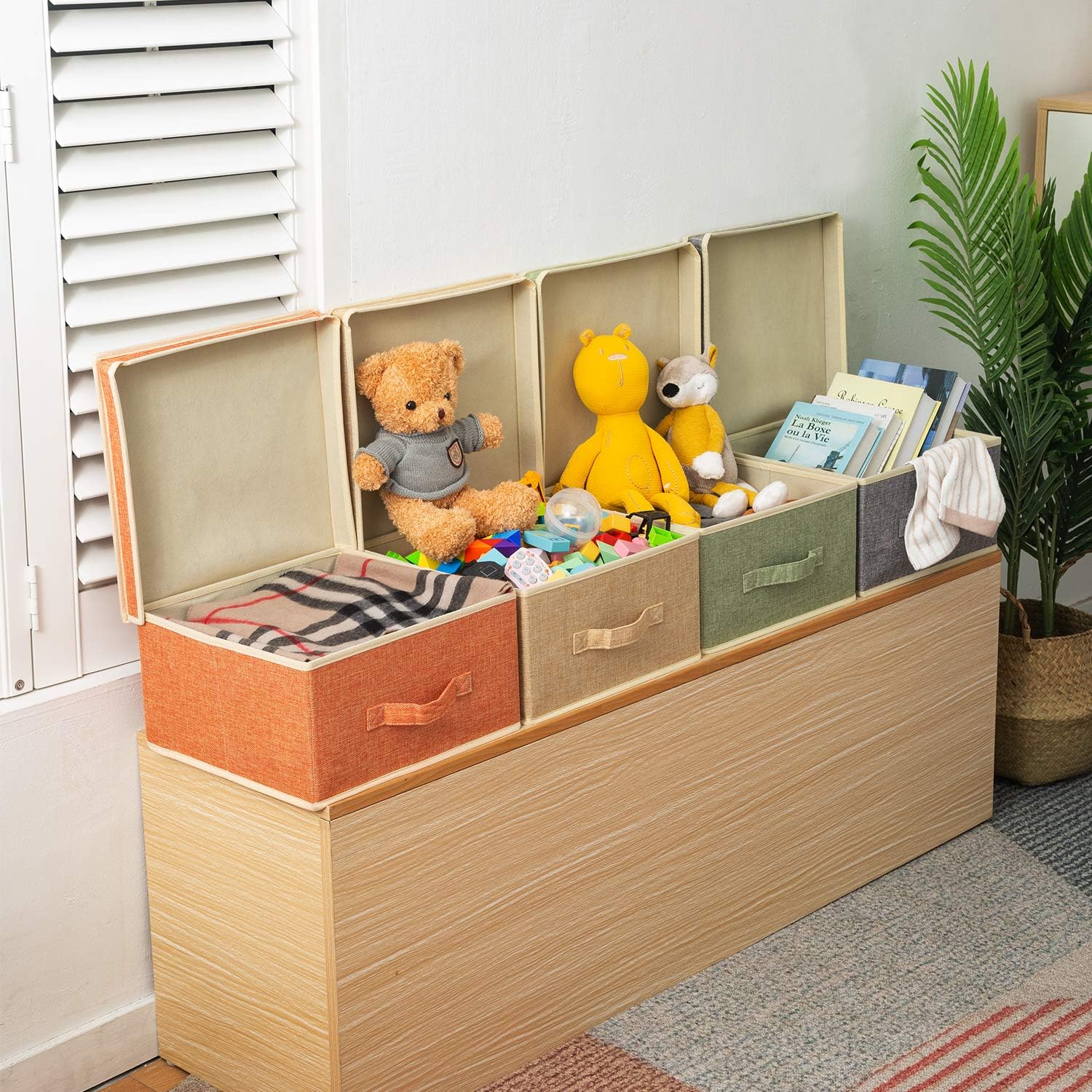

Articles
What Is Organizing
Modified: January 20, 2024
Discover effective storage ideas to help you organize your space efficiently. From decluttering tips to clever organization hacks, find inspiration to maximize your storage potential.
(Many of the links in this article redirect to a specific reviewed product. Your purchase of these products through affiliate links helps to generate commission for Storables.com, at no extra cost. Learn more)
Introduction
Organizing is a fundamental aspect of our daily lives, whether it be at home, work, or in any other setting. It involves arranging, structuring, and sorting items, tasks, or ideas in a systematic and logical manner. By establishing order and creating a clear structure, organizing allows us to increase efficiency, save time, reduce stress, and achieve our goals more effectively.
From decluttering our physical spaces to organizing our thoughts and schedules, the act of organizing helps create a sense of control and empowerment. It enables us to prioritize our tasks, eliminate distractions, and focus on what truly matters.
In this article, we will explore the definition, importance, elements, benefits, and practical tips for effective organizing. We will also examine examples of organizing in various contexts and discuss the potential challenges that may arise in the process.
So, whether you are looking to tidy up your home, streamline your workflow, or enhance your productivity, join us as we delve into the world of organizing and discover the transformative effects it can have on our lives.
Key Takeaways:
- Organizing is essential for increased efficiency, reduced stress, and improved decision-making. It empowers us to create order, simplicity, and balance in all aspects of our lives.
- Overcoming challenges such as procrastination and decision-making paralysis is crucial in embracing the transformative impact of organizing. It’s a personalized journey towards a more organized and balanced life.
Read more: What Is A Tool Chest
Definition of Organizing
Organizing can be defined as the process of arranging and structuring items, tasks, or ideas in a systematic and orderly way. It involves determining the appropriate placement, categorization, and allocation of resources to achieve desired outcomes.
At its core, organizing is about creating order out of chaos. It helps to establish a clear structure, making it easier to locate, access, and utilize the things we need. Whether it is organizing our physical space, our digital files, or our thoughts, the objective is to simplify complexity and enhance efficiency.
In a home setting, organizing may involve decluttering and arranging belongings, creating storage systems, and establishing routines for maintaining order. In a work environment, organizing could encompass managing tasks, establishing processes, and coordinating team activities to optimize productivity and achieve organizational goals.
Furthermore, organizing is not limited to physical objects or spaces. It also encompasses the organization of information and ideas. This can include creating outlines, categorizing data, and structuring documents in a coherent and logical manner. By organizing information effectively, we can facilitate better communication, understanding, and decision-making.
Overall, organizing is a dynamic and ongoing process. It requires assessing, planning, implementing, and evaluating strategies to maintain order and efficiency. While the specific methods and techniques may vary depending on the context, the goal is always to bring structure, clarity, and effectiveness to our lives and work.
Importance of Organizing
Organizing plays a crucial role in our lives, both personally and professionally. It brings numerous benefits and is essential for achieving success and maximizing productivity. Here are some key reasons why organizing is important:
- Increased Efficiency: One of the primary benefits of organizing is improved efficiency. When things are well-organized, we can easily find what we need, which saves time and reduces frustration. By having a designated place for everything and establishing streamlined processes, we can work more smoothly and accomplish tasks more quickly.
- Enhanced Productivity: Being organized enables us to prioritize tasks and identify what needs to be done. With a clear plan and structure in place, we can focus on important activities and avoid wasting time on non-essential tasks. This, in turn, enhances our productivity and allows us to accomplish more in less time.
- Reduced Stress: Clutter and disorganization often contribute to feelings of overwhelm and stress. By organizing our physical and digital spaces, we create a calmer environment that promotes relaxation and peace of mind. Additionally, having a clear plan and structure eliminates the anxiety of missing deadlines or forgetting important commitments.
- Improved Decision-Making: Organizing helps us make better decisions by providing a clear overview of available options and relevant information. When things are organized, we can easily assess the pros and cons, evaluate alternatives, and make informed choices. This empowers us to make decisions more efficiently and effectively.
- Enhanced Focus and Creativity: An organized environment minimizes distractions and allows us to concentrate better on the task at hand. With fewer visual and mental clutter, we can tap into our creativity and generate innovative ideas. Organizing also frees up mental space, enabling us to think more clearly and creatively.
- Better Time Management: When we are organized, we have better control over our time. By planning and prioritizing tasks, setting deadlines, and creating schedules, we can allocate time effectively and ensure that important activities are completed on time. This enables us to make the most of our available time and achieve a better work-life balance.
- Improved Accountability: Organizing allows us to establish clear responsibilities and accountability. By defining roles, assigning tasks, and setting deadlines, everyone involved knows what is expected of them. This fosters a sense of ownership and ensures that commitments are met, leading to better teamwork and overall success.
Overall, organizing is essential for maintaining order, enhancing efficiency, and achieving our goals. By investing time and effort in organizing, we can reap the numerous benefits it brings and lead more balanced and productive lives.
Elements of Organizing
Organizing involves several key elements that contribute to its effectiveness. Understanding these elements can help us develop and implement successful organizing strategies. Here are the essential elements of organizing:
- Clarity of Purpose: To organize effectively, we need a clear understanding of our purpose and objectives. By clarifying our goals, we can align our organizing efforts to meet specific outcomes. Whether it is to declutter our physical space, streamline our workflows, or improve productivity, having a clear purpose is essential.
- Categorization: Categorization involves grouping similar items or tasks together based on their characteristics or function. It allows us to create a logical structure and easily locate and access what we need. Whether it is categorizing files and documents, organizing belongings by type, or sorting tasks by priority, categorization is a fundamental element of organizing.
- Sorting and Prioritizing: Sorting involves dividing items, tasks, or ideas into different categories based on their importance, urgency, or relevance. It helps us determine what deserves our attention and what can be postponed or eliminated. Prioritizing ensures that we focus on the most vital and impactful activities, enabling us to make progress towards our goals.
- Systems and Structure: Creating effective systems and structures is crucial for maintaining order and consistency. This involves establishing routines, implementing storage solutions, designing workflows, and defining processes. By having well-defined systems in place, we can eliminate confusion and ensure that everyone knows how things should be organized.
- Accessibility: Accessibility refers to the ease of locating and retrieving items or information when needed. Organizing should prioritize accessibility to ensure that we can access what we need quickly and without frustration. Whether it is arranging frequently used items within reach or organizing digital files in a logical folder structure, accessibility is key.
- Maintenance: Organizing is not a one-time task but an ongoing process. Maintenance involves regularly reviewing, decluttering, and updating our systems to reflect changing needs and priorities. By dedicating time to maintenance, we can prevent clutter from accumulating and ensure that our organizing efforts remain effective in the long run.
These elements of organizing work together to create a cohesive and efficient system. By incorporating them into our organizing practices, we can establish order, save time, reduce stress, and enhance our overall productivity.
Benefits of Organizing
Organizing offers numerous benefits that greatly impact our personal and professional lives. By investing time and effort into organizing, we can experience positive outcomes and improve various aspects of our daily routines. Here are some key benefits of organizing:
- Increased Efficiency: Organizing allows us to optimize our time and resources, leading to increased efficiency. When everything has a designated place and tasks are clearly defined, we can work more systematically and complete them with greater ease and speed.
- Reduced Stress: Clutter and disorganization can contribute to feelings of overwhelm and stress. By organizing our physical spaces, digital files, and schedules, we create a calmer and more peaceful environment. This helps alleviate stress and allows us to focus on important tasks and activities.
- Enhanced Productivity: Improved organization leads to enhanced productivity. With a clear structure and organized systems in place, we can prioritize tasks, effectively manage our time, and avoid wasting energy on unnecessary activities. As a result, we can accomplish more in less time.
- Improved Focus and Concentration: Organizing eliminates distractions, allowing us to concentrate better on the task at hand. When our physical and digital spaces are tidy and well-organized, we can better focus on our work, leading to improved concentration and productivity.
- Streamlined Workflows: Organizing helps streamline workflows by establishing efficient processes and systems. When tasks are clearly defined and arranged, we can seamlessly move from one task to another, minimizing disruptions and delays. This leads to smoother and more streamlined work processes.
- Enhanced Decision-Making: Organizing enables better decision-making by providing a clear overview of available options and relevant information. When things are organized, we can quickly access the necessary information, evaluate alternatives, and make well-informed decisions more efficiently.
- Improved Time Management: Organizing helps us manage our time more effectively. With a well-planned schedule and clear priorities, we can allocate our time efficiently, ensure the completion of important tasks, and avoid the stress of last-minute deadlines.
- Boosted Confidence: Being organized boosts our confidence as it gives us a sense of control and mastery over our surroundings and responsibilities. When we are on top of our tasks and can easily locate the things we need, we feel more confident in our abilities to handle challenges and achieve our goals.
- Positive Impact on Health: An organized and clutter-free environment has a positive impact on our mental and physical well-being. It reduces stress, enhances relaxation, and promotes a sense of calm. Additionally, organizing often involves prioritizing self-care and creating space for healthy habits, leading to an overall healthier lifestyle.
By embracing the benefits of organizing and incorporating it into our lives, we can experience increased efficiency, reduced stress, enhanced productivity, and improved overall well-being. Organizing is a powerful tool that empowers us to take control of our lives, accomplish our goals, and lead a more balanced and fulfilling life.
Organizing is the process of arranging and structuring tasks, resources, and information in a systematic and efficient way to achieve a specific goal. It involves prioritizing, categorizing, and coordinating activities to maximize productivity and effectiveness.
Tips for Effective Organizing
Effective organizing requires a thoughtful approach and the implementation of practical strategies. Here are some tips to help you organize efficiently:
- Set Clear Goals: Start by setting clear goals for your organizing efforts. Identify what you want to achieve and how organizing will help you. Having specific goals will guide your organizing process and help you stay focused.
- Purge and Declutter: Before organizing, declutter your space by getting rid of items you no longer need or use. Embrace the “less is more” mindset and be ruthless when deciding what to keep. This will help you create a clean and streamlined foundation for organizing.
- Create Zones: Divide your space into zones based on their function or purpose. For example, create a workspace, a relaxation zone, and a storage area. Designate specific areas for different activities to maintain order and maximize efficiency.
- Establish Systems: Develop organizing systems that work for you. This can include labeling containers, using color-coding, or creating digital folders. Find methods that are intuitive and easy to maintain, ensuring that you can easily retrieve and store items as needed.
- Sort and Categorize: Sort similar items into categories to create a logical and organized system. Whether it’s sorting paperwork into different folders or grouping clothes by type, categorization will make it easier to find things when you need them.
- Utilize Storage Solutions: Invest in storage solutions that fit your needs. Utilize containers, boxes, shelves, or drawer dividers to keep items organized and easily accessible. Make use of vertical space as well to maximize storage capacity.
- Establish Routines: Establish routines to maintain order in your daily life. Create habits for tidying up, organizing your workspace, and maintaining digital files. Consistency in your routines will help prevent clutter from accumulating over time.
- Digitize Documents: Minimize paper clutter by digitizing important documents. Scan and save them in digital form, organizing them into folders on your computer or cloud storage. This not only saves physical space but also enables easy access and reduces the risk of losing important documents.
- Stay Consistent: Organizing is an ongoing process that requires consistency. Regularly assess your space, declutter, and make adjustments as needed. Frequent maintenance and organization will prevent clutter from resurfacing and maintain an efficient environment.
- Practice One In, One Out: Adopt the “one in, one out” rule to prevent excessive accumulation of items. For every new item you bring in, eliminate or donate an existing one. This helps keep your possessions in check and prevents clutter from taking over.
- Seek Help if Needed: If organizing feels overwhelming, don’t hesitate to ask for help. Enlist the assistance of a professional organizer or seek guidance from organizing resources and books. Getting support can provide fresh perspectives and motivate you to stay on track.
Remember, effective organizing is a personalized process. Experiment with different techniques and find what works best for you. By implementing these tips and customizing them to your specific needs and preferences, you can develop effective organizing habits that will enhance your productivity, reduce stress, and bring more order and balance to your life.
Examples of Organizing in Different Contexts
Organizing is applicable to various contexts, and its principles can be applied in different areas of our lives. Here are some examples of organizing in different contexts:
- Home Organization: In a home setting, organizing involves creating a functional and clutter-free living environment. This can include decluttering and arranging belongings, establishing storage systems, and organizing spaces such as the kitchen, bedroom, or garage. By organizing our homes, we can create a peaceful and efficient living space.
- Workplace Organization: Organizing in the workplace aims to streamline processes and enhance productivity. It involves organizing tasks, establishing efficient workflows, and creating systems for managing files and documents. By implementing effective organization strategies, we can improve efficiency and collaboration within the workplace.
- Time Management: Organizing can also be applied to managing our time effectively. This involves creating schedules, setting priorities, and allocating time for different activities. By organizing our time, we can better manage our commitments, avoid procrastination, and achieve a better work-life balance.
- Digital Organization: With the increasing reliance on digital technology, organizing our digital files and information has become crucial. This can include organizing digital documents into folders, utilizing cloud storage, and keeping digital calendars and reminders. By organizing our digital resources, we can easily access information, reduce clutter, and optimize our digital workflows.
- Project Management: Organizing is essential in project management, where it involves creating project plans, defining project goals, and establishing tasks and timelines. By organizing projects effectively, we can ensure that tasks are completed on time, resources are managed efficiently, and project objectives are achieved.
- Event Planning: Organizing plays a vital role in event planning. From coordinating vendors and scheduling activities to managing budgets and creating timelines, organizing is key to ensure successful and seamless events. By organizing the various aspects of an event, we can deliver memorable experiences for attendees.
- Personal Finances: Organizing our personal finances can have a significant impact on our financial well-being. It involves tracking expenses, creating budgets, and organizing financial documents. By being organized with our finances, we can make informed financial decisions, reduce stress, and work towards our financial goals.
- Travel Planning: Organizing is essential when it comes to travel planning. From organizing travel documents and booking accommodations to creating itineraries and preparing packing lists, effective organization ensures smooth and enjoyable travel experiences.
- Education and Studying: Organizing is crucial for students and learners. It involves organizing study materials, creating study schedules, and establishing effective note-taking systems. By organizing their educational resources, students can improve comprehension, retain information better, and achieve academic success.
- Health and Fitness: Organizing is also applicable to health and fitness pursuits. This can include organizing workout routines, creating meal plans, and tracking progress. By organizing our health and fitness practices, we can stay motivated, meet our goals, and maintain a healthy lifestyle.
These are just a few examples of how organizing can be applied in different contexts. The principles of organizing can be custom-tailored to any area of our lives to create order, enhance efficiency, and improve overall well-being.
Challenges in Organizing
While organizing offers numerous benefits, it is not without its challenges. The process of organizing can be complex and may present certain obstacles. Here are some common challenges you may encounter when organizing:
- Procrastination: Procrastination is a common challenge in organizing. It can be tempting to postpone organizing tasks, especially when they seem overwhelming or time-consuming. Overcoming procrastination requires motivation, discipline, and breaking down tasks into manageable steps.
- Decision-Making Paralysis: Making decisions about what to keep, what to discard, or how to organize items can be challenging. Decision-making paralysis can stem from attachment to sentimental items, fear of letting go, or uncertainty about organizing methods. Overcoming this challenge involves setting clear criteria, seeking help or guidance, and focusing on the benefits of decluttering and organizing.
- Overwhelm: The sheer volume of items or tasks to be organized can often lead to a sense of overwhelm. It may be difficult to know where to start or how to tackle the organizing process effectively. Breaking down larger projects into smaller, manageable tasks, prioritizing areas or tasks, and seeking support from others can help alleviate overwhelm.
- Maintaining Consistency: Consistency is key in organizing, but it can be challenging to maintain organization over time. Without regular maintenance, clutter can gradually build up again. Developing habits, implementing routines, and periodically reviewing and decluttering your space can help you maintain consistency in your organizing efforts.
- Resistance to Change: Sometimes, there can be a resistance to change when it comes to organizing. This could be due to a fear of letting go of old habits, the comfort of familiar disorganization, or a difficulty in embracing new systems. Overcoming resistance to change involves recognizing the benefits of organizing, setting realistic expectations, and taking small steps towards change.
- Lack of Time: Finding time for organizing amidst busy schedules can be a challenge. It may seem difficult to allocate dedicated time for organizing tasks. However, prioritizing organizing as an essential activity, scheduling it into your calendar, and breaking tasks into smaller chunks can help you overcome the time constraints and make progress.
- Emotional Attachments: Emotional attachments to items can make it hard to declutter and organize. Sentimental value or the memories associated with objects can create resistance in letting go. When facing emotional attachments, it can be helpful to focus on the benefits of decluttering, take photographs of sentimental items, or involve a trusted friend or family member to provide guidance and support.
- Perfectionism: Striving for perfection in organizing can hinder progress and cause unnecessary stress. The pursuit of perfection can lead to analysis paralysis or spending excessive time on organizing tasks. Recognizing that organizing is an ongoing process and embracing progress over perfection can help overcome this challenge.
- Changing Needs and Circumstances: Organizing can be challenging when our needs and circumstances change. Life events, moving, or shifts in priorities can require adjustments to our organizing systems. Remaining flexible, regularly evaluating and adapting our organizing methods, and being open to change can help address this challenge.
- Lack of Systems and Strategies: Without effective systems and strategies, organizing can feel overwhelming and less effective. Developing organizing systems that work for you, seeking inspiration from organizing resources, or consulting with professional organizers can help address this challenge and create a more efficient organizing process.
While these challenges may arise during the organizing process, they are not insurmountable. By recognizing and preparing for these challenges, seeking support when needed, and adopting a patient and flexible mindset, you can overcome them and create a more organized and balanced life.
Conclusion
Organizing is a powerful tool that can have a transformative impact on our lives. From creating a sense of order and efficiency to reducing stress and enhancing productivity, the benefits of organizing are vast and far-reaching. By embracing the principles of organizing and implementing effective strategies, we can experience the positive outcomes that come with an organized life.
Throughout this article, we have explored the definition of organizing, its importance, the key elements involved, and the benefits it brings. We have also discussed practical tips for effective organizing and examined examples of organizing in different contexts. Additionally, we explored the challenges often encountered during the organizing process and provided insights on how to overcome them.
Remember, organizing is not a one-time task but an ongoing process that requires regular evaluation, maintenance, and adaptation to changing needs and circumstances. It is about creating order, establishing efficient systems, and finding harmony in our physical and mental spaces.
As you embark on your journey of organizing, keep in mind that organizing is highly personal and should be tailored to your unique needs and preferences. Find the organizing methods and systems that work best for you, and don’t be afraid to experiment and make adjustments along the way.
Ultimately, organizing is more than just tidying up physical items or arranging digital files. It is about bringing order, simplicity, and balance to all aspects of our lives. By embracing the principles of organizing, we can create a foundation for increased efficiency, reduced stress, improved decision-making, and overall personal and professional success.
So, take that first important step towards a more organized life. Embrace the benefits, overcome the challenges, and discover the joy and empowerment that organizing can bring. Your future self will thank you for it.
Frequently Asked Questions about What Is Organizing
Was this page helpful?
At Storables.com, we guarantee accurate and reliable information. Our content, validated by Expert Board Contributors, is crafted following stringent Editorial Policies. We're committed to providing you with well-researched, expert-backed insights for all your informational needs.
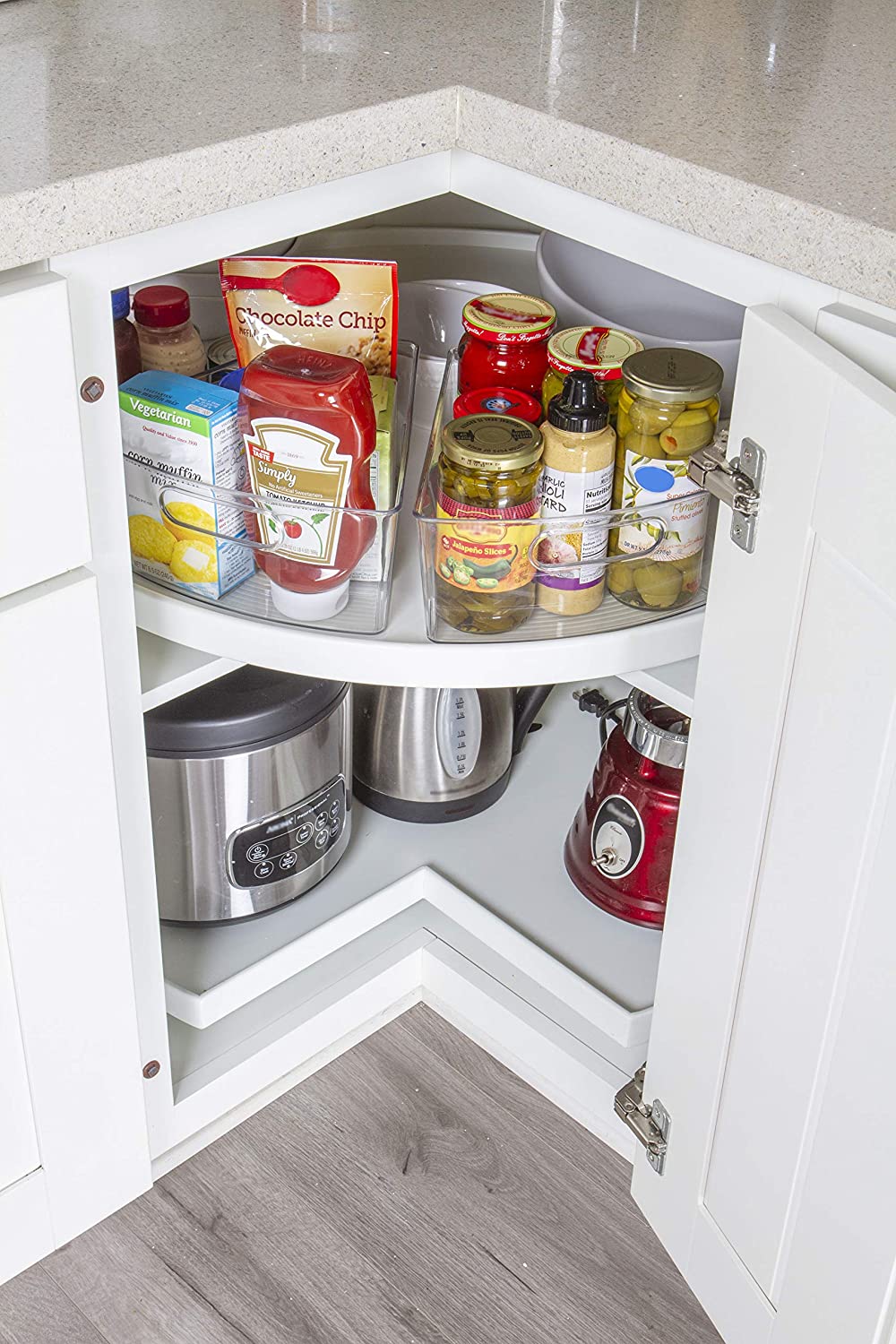

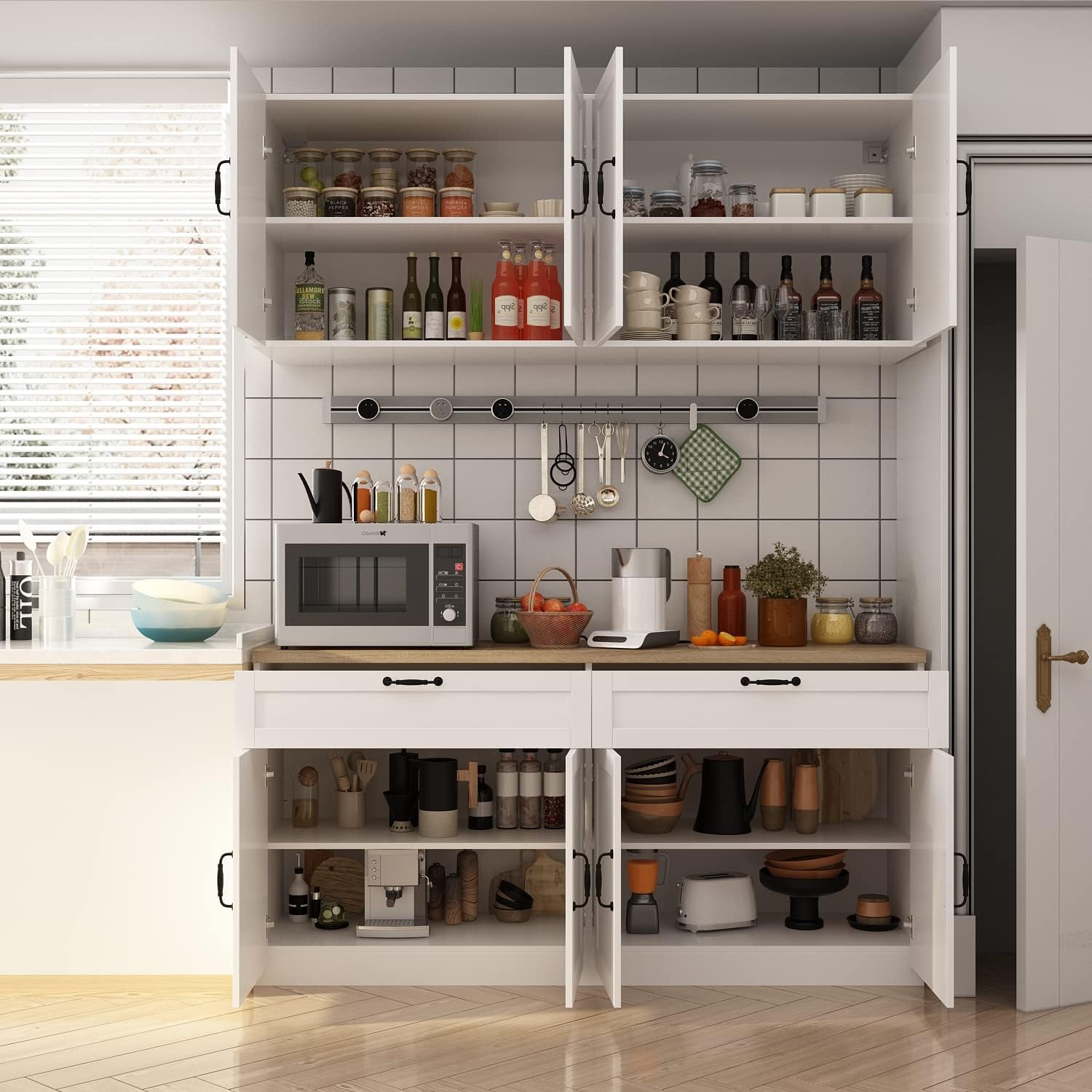
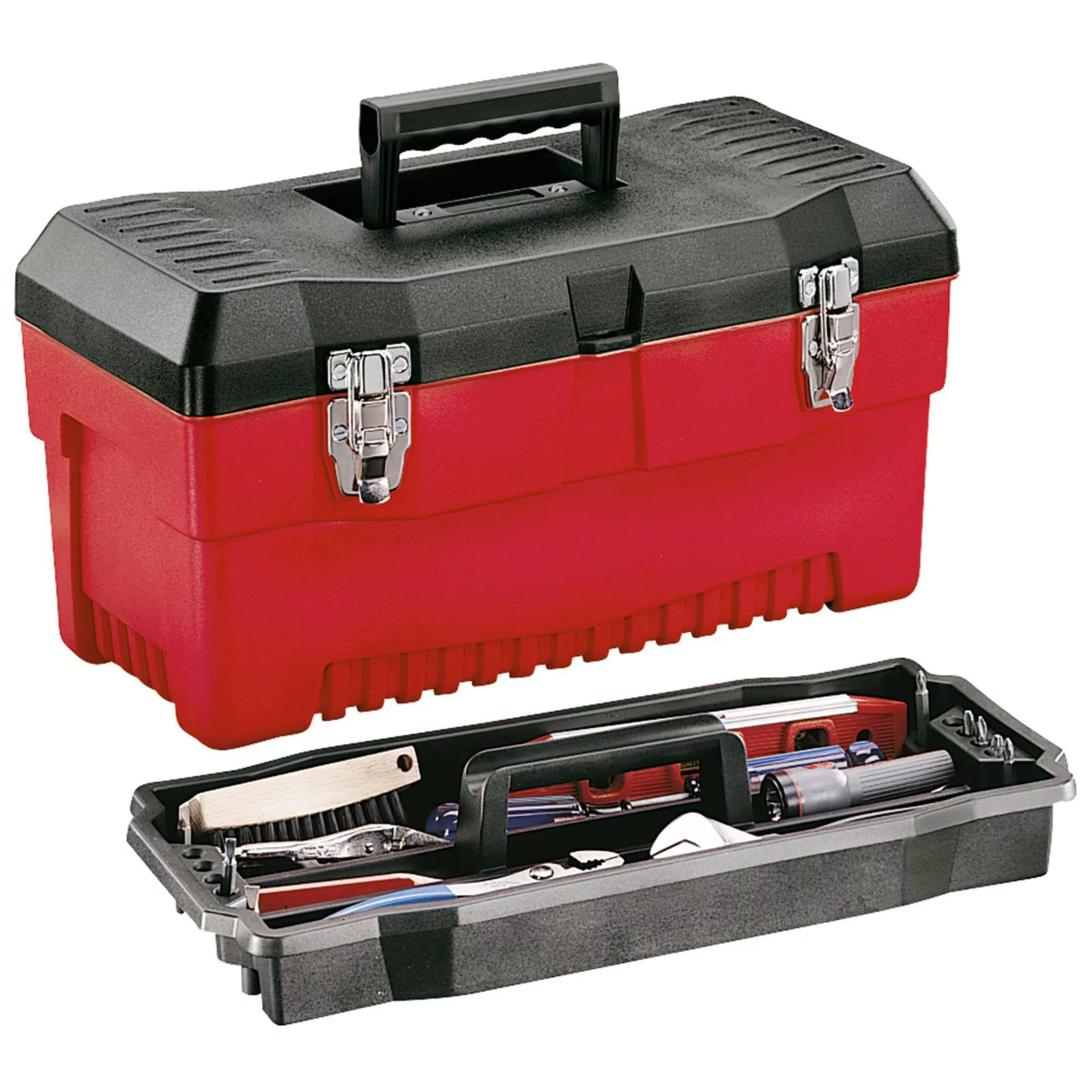
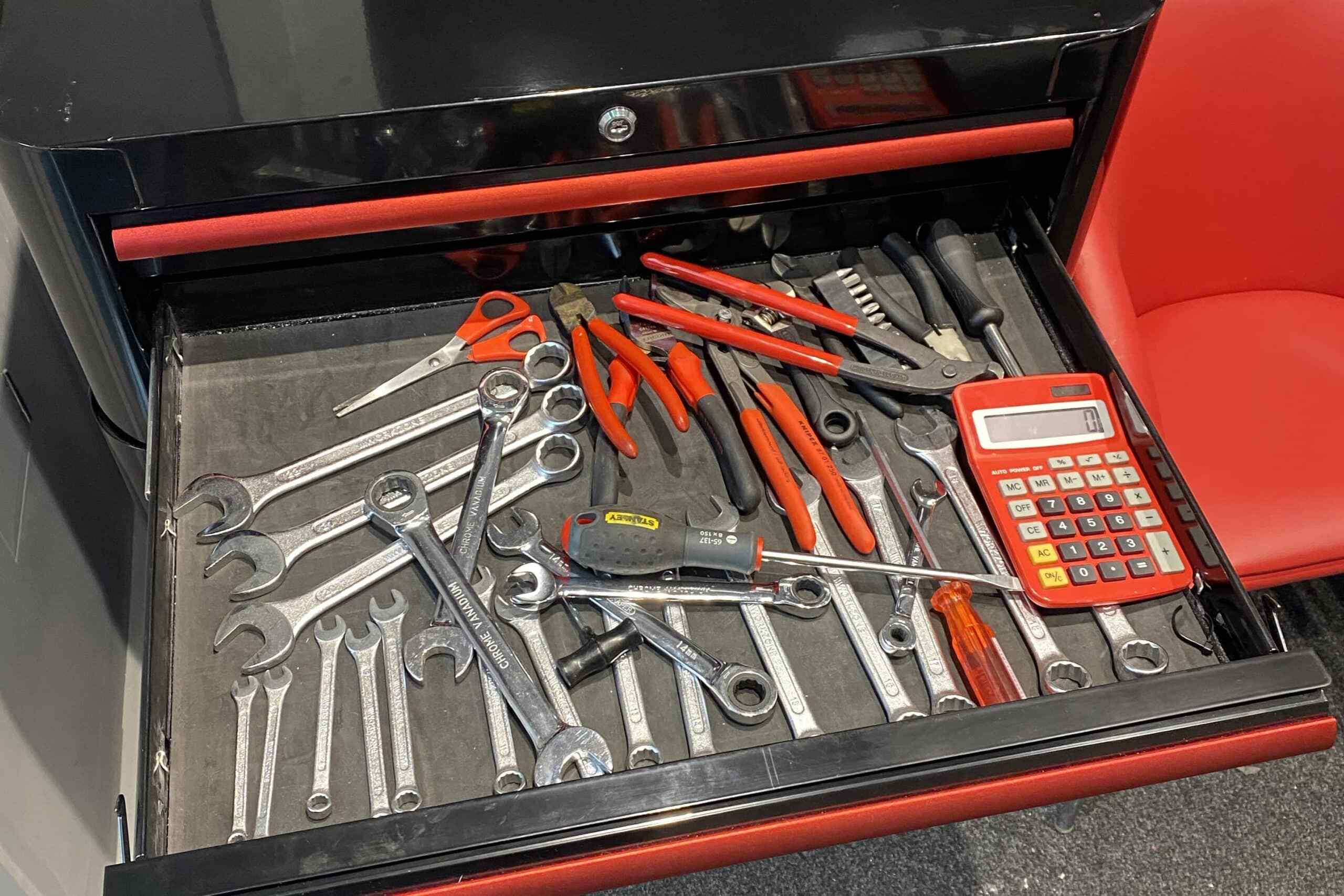
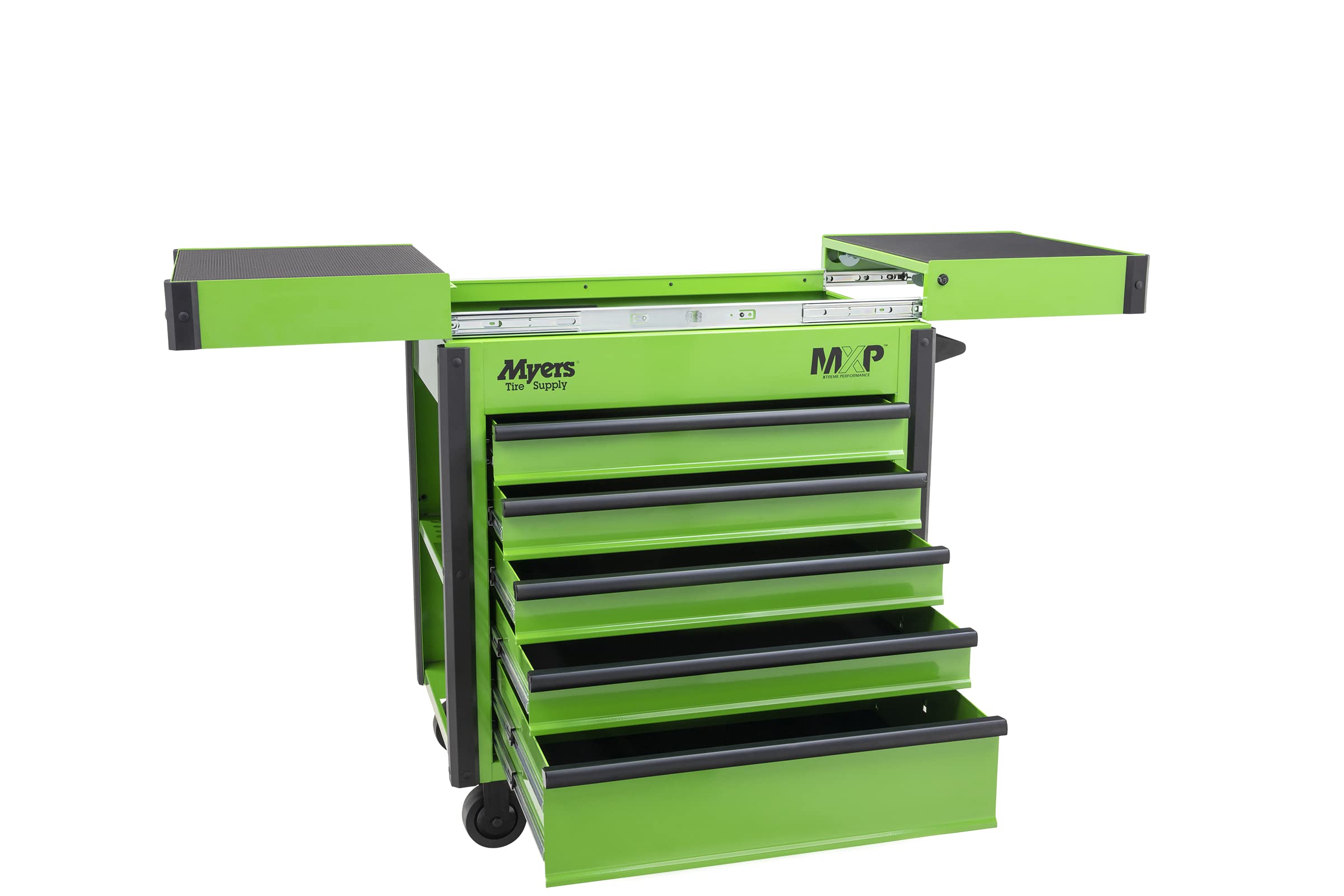
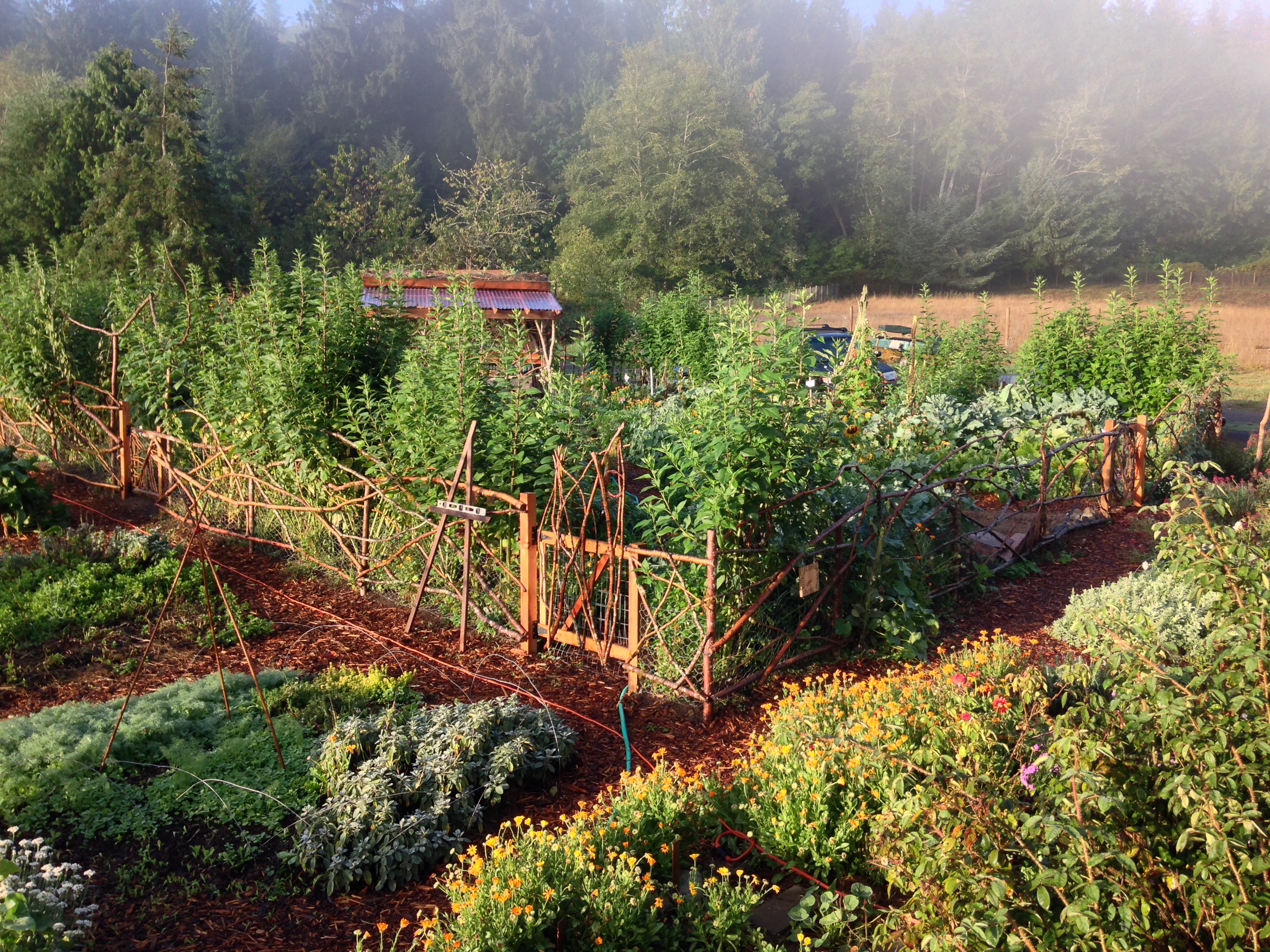
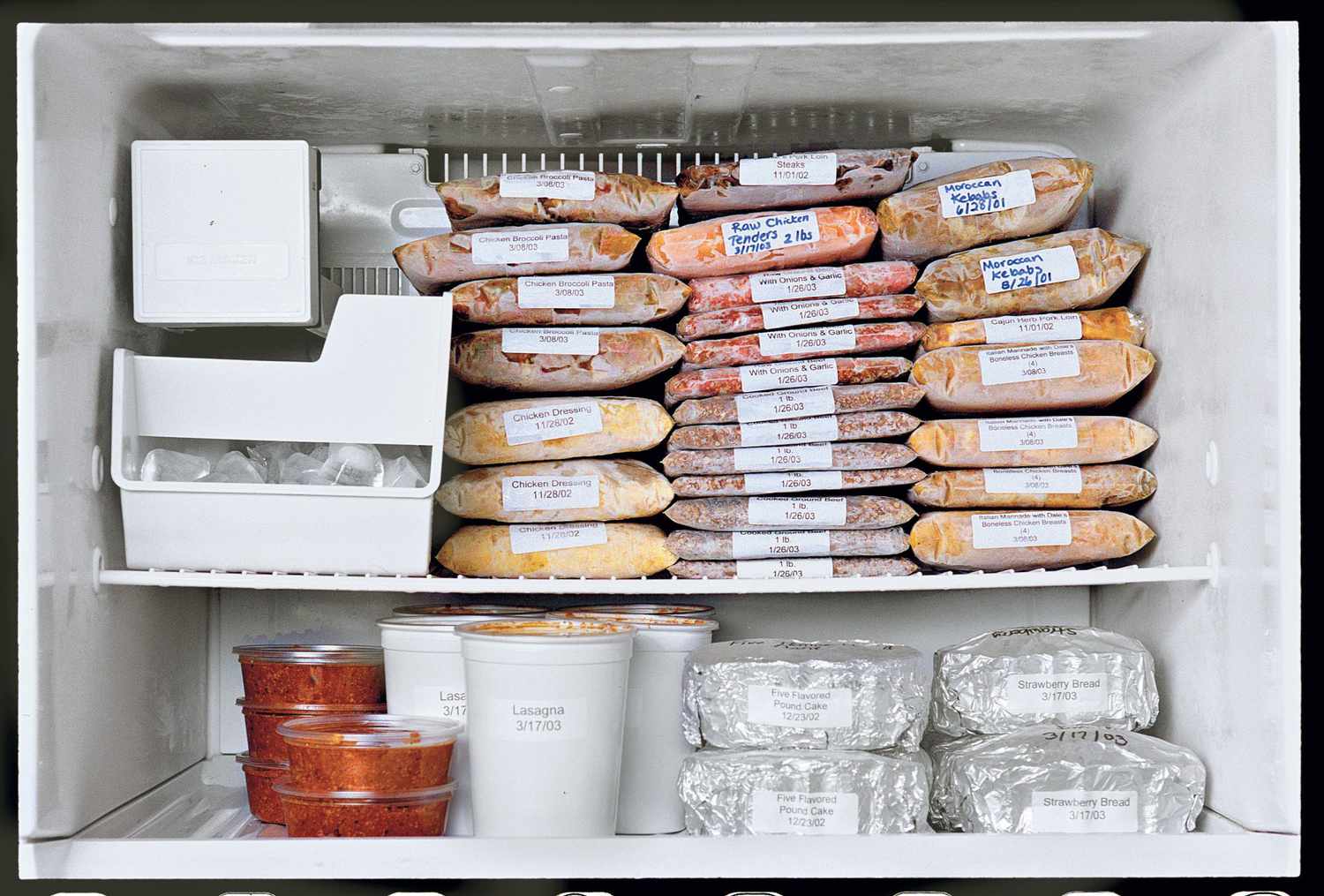


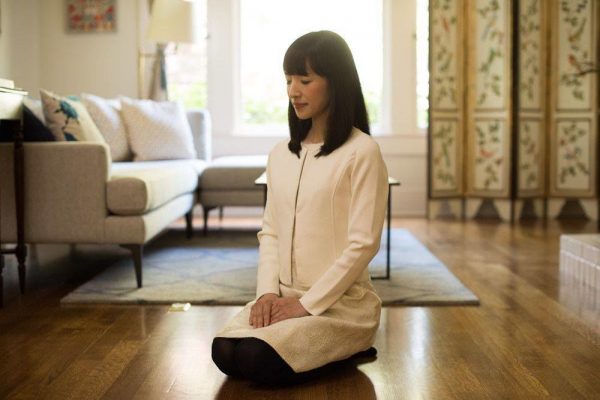
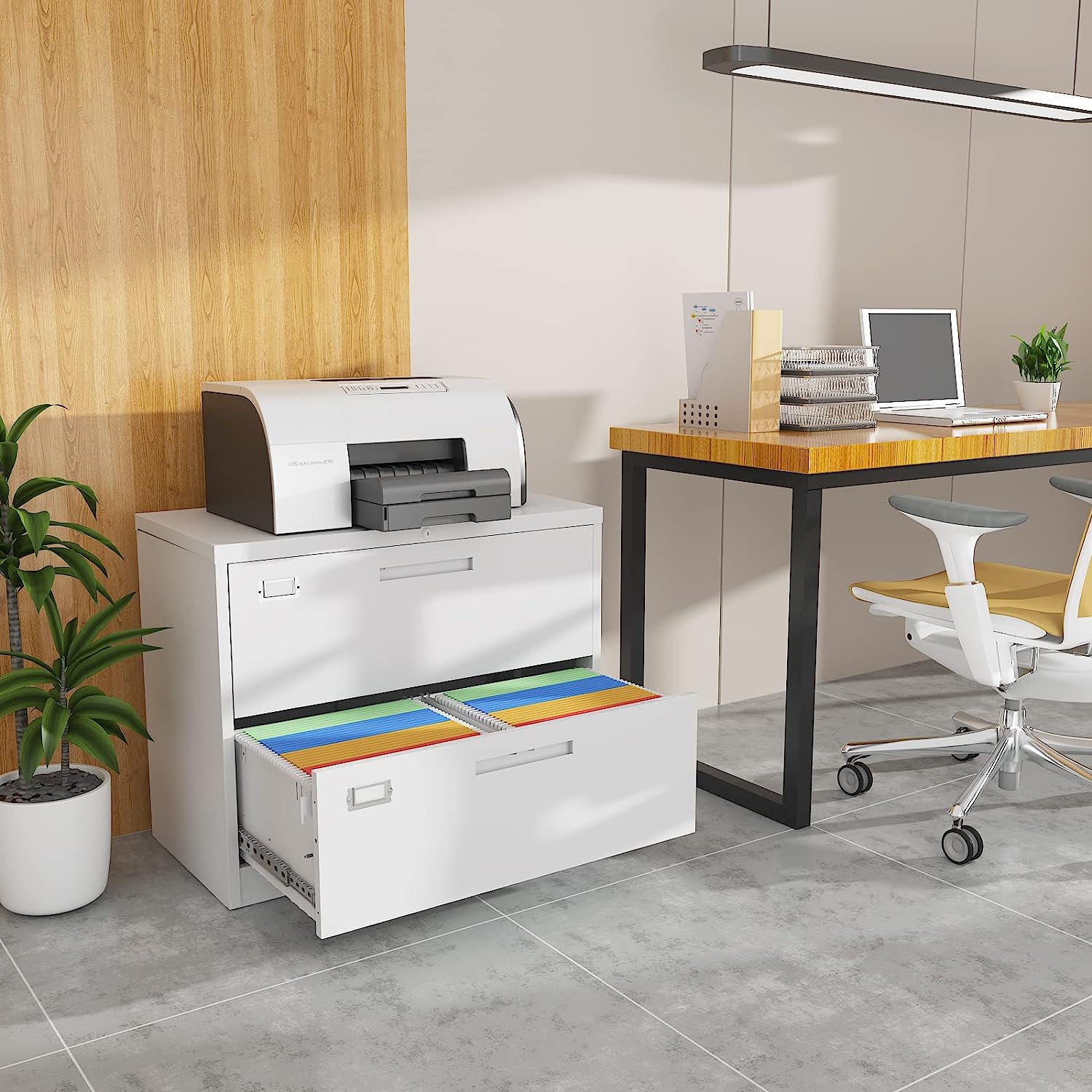



0 thoughts on “What Is Organizing”